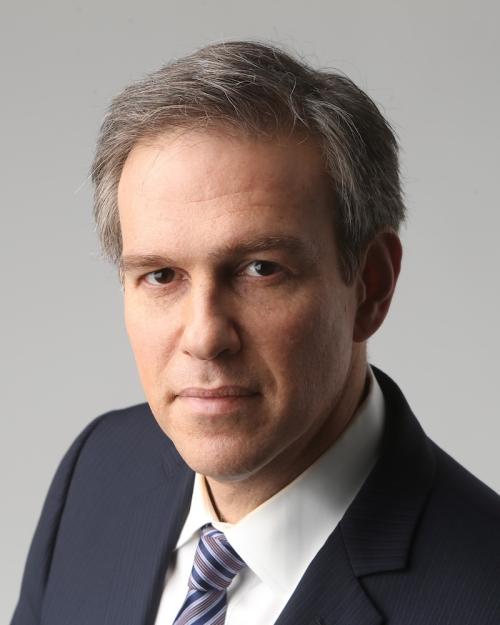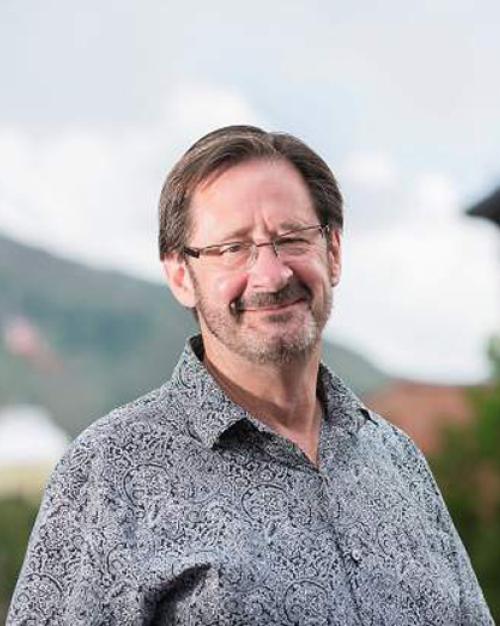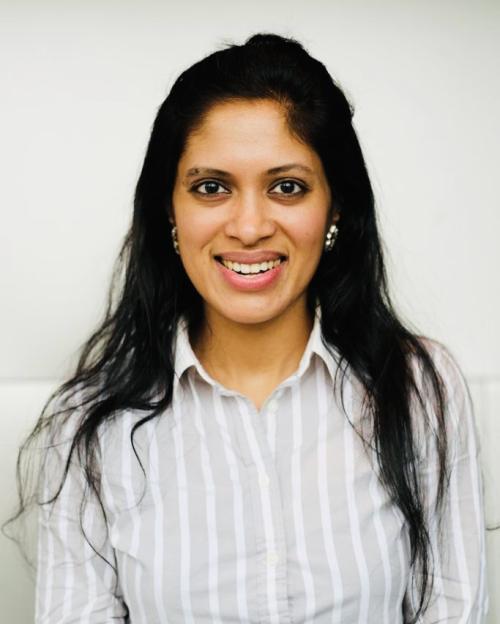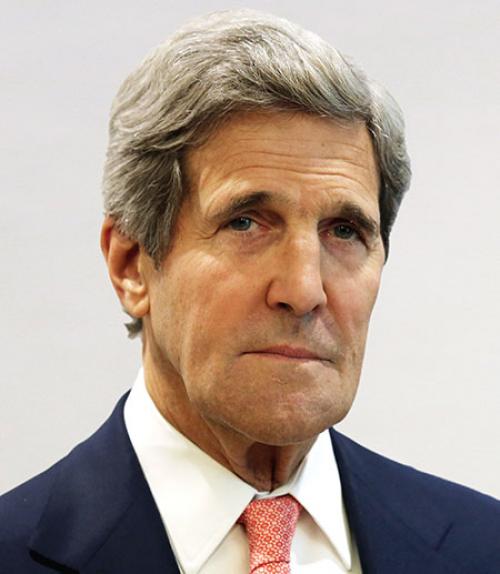Now more than ever, leadership is needed at all levels of government to overcome growing partisanship and to keep the United States in a strong position in the world on fronts such as democracy, cybersecurity and climate change, said former U.S. Sen. John Kerry on Oct. 29.
Cornell undergraduates prompted Kerry to answer key questions at the Belnick Family LaFeber/Lowi Presidential Forum, held online this year due to the COVID-19 pandemic.
Kerry, who was secretary of state in former President Barack Obama’s administration and the 2004 Democratic presidential nominee, shared his experiences on international and domestic political stages and addressed current challenges on both fronts.
“These are critical times for our country,” Kerry said, adding that he sees a “world in disarray.”
The conversation kicked off Institute of Politics and Global Affairs’ (IOPGA) new initiative, the Campaign for Democracy, said moderator Steve Israel, former congressman and director of IOPGA, which will “cultivate the next generation of public servants with greater respect for democratic norms and greater resistance to threats – foreign and domestic – to those norms.”
Foreign and domestic threats to democracy were a theme of questions from prospective members of that next generation.
“Foreign policy is not as complicated as some people make it,” Kerry said in response to a student’s question about threats to democracy. “It’s about relationships, and it’s about how you work in those relationships to protect your interests and achieve your goals.”
Stable political relationships on the domestic stage promote good foreign relationships, Kerry said: “We have to prove to people [abroad] that democracy does work. To do that, we have to make it work.”
Democracy is currently threatened, Kerry said, by partisan divides throughout the country and in the U.S. Congress. He pointed as proof that bipartisanship is possible to his close – and “unexpected” – friendship with the late Sen. John McCain, a Republican, which started on a late-night flight to Kuwait just after Operation Desert Storm, in 1991.
“We had a wonderful conversation,” said Kerry, who served two tours in Vietnam but later protested the war while McCain was a prisoner in that country. “One of the things we talked about was how America is still at war with itself over Vietnam. We decided to make peace here at home.”
That conversation started a long working relationship in which the Democrat and the Republican collaborated to advocate for veterans and on other issues. “That’s America at its best,” Kerry said. “That’s the Senate at its best … . John and I understood that, and we became fast, fast friends as a result.”
Democrats and Republicans must come together to face climate change, Kerry said. “We have to lead the world again on the issue of climate,” he said. “Existential doesn’t capture how critical this is.”
He cited the Trump administration’s 2017 withdrawal from the 2015 Paris Agreement on climate change mitigation as a step backward. While coming short of endorsing a new cabinet position to address climate change, Kerry expressed hope in clear leadership and in technological innovation.
“Yes, it’s grim right now if we stay in business as usual,” Kerry said. “But … really exciting things are happening in the private sector.”
Kerry encouraged students in the audience to stay open to career paths that incorporate both business and public service.
“I think this is a very exciting time for young folks to be thinking about how they’re going to contribute,” he said. “Surely one of the most rewarding is the ability to help other people and shape the direction of your nation, shape your community – it doesn’t have to be your whole country. There are all kinds of layers and levels in which you can engage in public service.”
The forum was sponsored by the departments of Government and History in the College of Arts and Sciences, supported by the generosity of Mark Belnick ’68 and organized by IOPGA after Kerry accepted Israel’s invitation.
The bipartisan IOPGA has brought national and global leaders to the Cornell community including Speaker of the U.S. House of Representatives Nancy Pelosi and former White House chief of staff Reince Priebus.




